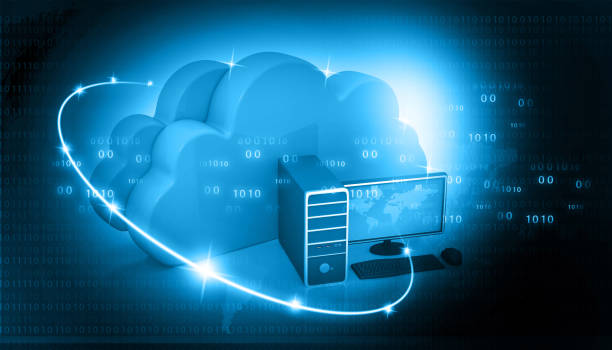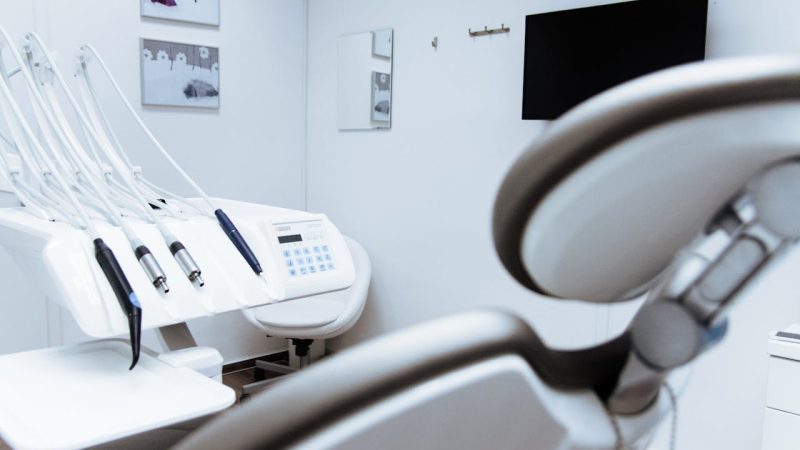Server Technology Every SME Owner Should Know About

Running a small to medium-sized enterprise is no easy feat, and with the consistent improvements to server technology year-on-year, it isn’t getting any easier.
When it comes to running a successful SME, it is vital to balance your current enterprise operational needs with what your operational capacity will be in a few months to a few years. This is the same for in-house servers as it is huge data centres.
But the enterprise service industry is notoriously volatile when it comes to supply and demand. It isn’t uncommon for an SME to invest thousands in new machines to facilitate greater scalability, only using it years later when the tech becomes outdated by newer models.
This article will highlight technology that’ll help you adjust to the current market demands and demands that are likely to occur soon. If you are unsure how to expand your capabilities but know you need to, this blog is for you.
Start With Switches
The backbone of any enterprise operation relies on the ability of your machines to communicate internally and externally. A switch is an integral piece of technology that is crucial for this very role.
Investing in a switch (such as the Juniper Switches from ETB Technologies) will be useful to an enterprise at any level. Routing internal workstations and servers using a switch can save you time and permit efficient data transfer between internal machines.
A switch is a great investment because they tend to have a particularly long lifespan compared to other kinds of server tech.
Juniper switches, in particular, can handle a variety of different operational capacities with transfer rates of up to 40 GB/s with up to 40 ports. This provides ample opportunity to up-scale while keeping your current operation efficient.
Invest In Bulk Storage For Your Data Centre
Storage is an aspect of server technology that every enterprise will eventually need more of. But upgrading your storage solutions can go further than increasing operational capacity; it can improve server efficiency.
Upgrading from hard drive disks to solid-state drives for running operating systems, for example, can increase the speed of workstations and servers by a significant amount to make it a worthwhile investment. SSDs tend to have a more efficient data transfer rate than HDDs.
Having a storage array with HDDs for bulk storage is also very useful. Allocating data across different HDDs will improve the ability of servers and workstations to access the data more seamlessly. It can also avoid HDD overload issues that can shut down whole server operations.
If needed, don’t forget to invest in appropriate storage controllers with RAID controllers.
Take A Look At Installing More RAM
A decent way to quickly improve server or workstation performance is by providing the machines with more random access memory. RAM is vital to the functioning of any server or workstation as it impacts how quickly a machine can run a task or application. In fact, without RAM, a computer would not be able to run tasks or applications at all.
Installing more RAM will ensure that your computer’s short-term memory is robust enough to handle anything client demands may throw at it.
Make sure that the machine you are thinking of upgrading can handle more RAM. Ensure that your CPU and PSU can handle the additional RAM modules if you decide to install any.
In addition, make sure that the type of RAM you are getting is compatible with your motherboard’s chipset – no matter if you are upgrading a server or a workstation. Matching the clock speed of RAM modules is also necessary for optimal performance.
Get The Best PSU Available
Getting a high-quality PSU will never be a wasted investment, especially if you are planning to upscale in the future. PSUs are vital to supply the appropriate power solutions to your machine, regardless of the kind of machine it is.
We’d recommend always going for a PSU that is around 100W over your requirements if possible. This will give you plenty of margin for error when constructing your enterprise machines and give you a power buffer for any potential upgrades you plan in the near future.
Lastly, always strive to get the best grade PSU around. There are several grades, but we’d recommend going for a Gold, Platinum, or Titanium grade PSU for the best, most reliable results.
The last thing you want is to build an impressive enterprise-ready machine only to find out that the PSU is not powerful enough to run it. Worst case scenario, it can burn out your PSU and other tech modules in the machine with it.
In Conclusion
There’s an abundance of server tech to choose from, which can make it quite daunting when building a server or workstation. A final piece of advice is to build a machine to future-proof it against up-scaled workloads.






